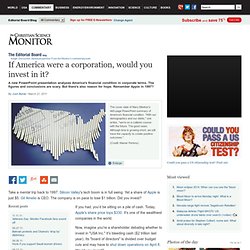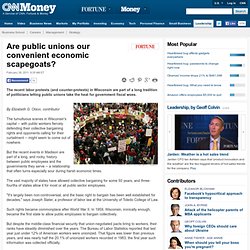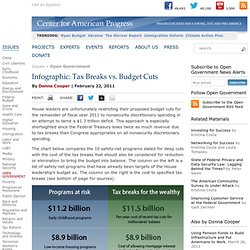

If America were a corporation, would you invest in it? Take a mental trip back to 1997.

Silicon Valley's tech boom is in full swing. Yet a share of Apple is just $5. Gil Amelio is CEO. The company is on pace to lose $1 billion. Did you invest? Skip to next paragraph Recent posts Subscribe Today to the Monitor Click Here for your FREE 30 DAYS ofThe Christian Science MonitorWeekly Digital Edition If you had, you'd be sitting on a pile of cash. If you said "No," you'd have plenty of company; fears of America's economic collapse seem to be growing daily. That's the heart of Mary Meeker's bold analysis of America's financial condition.
The bottom line on USA Inc.? It's true that, unlike a regular corporation, USA Inc. can print its own money. Don't head to the hills just yet. Perhaps the brightest news of all: USA Inc., Meeker says, is in better shape than Apple was in 1997.
Politics. Are public unions our convenient economic scapegoats? The recent labor protests (and counter-protests) in Wisconsin are part of a long tradition of politicians letting public unions take the heat for government fiscal woes.

By Elizabeth G. Olson, contributor The tumultuous scenes in Wisconsin's capital -- with public workers fiercely defending their collective bargaining rights and opponents calling for their curtailment -- might seem to come out of nowhere. But the recent events in Madison are part of a long, and rocky, history between public employees and the governments they serve -- a relationship that often turns especially sour during harsh economic times.
The vast majority of states have allowed collective bargaining for some 50 years, and three-fourths of states allow it for most or all public sector employees. "It's largely been non-controversial, and the basic right to bargain has been well established for decades," says Joseph Slater, a professor of labor law at the University of Toledo College of Law. More from Fortune.com: Why Wouldn’t the Tea Party Shut It Down? Infographic: Tax Breaks vs. Budget Cuts. By Donna Cooper | February 22, 2011 House leaders are unfortunately restricting their proposed budget cuts for the remainder of fiscal year 2011 to nonsecurity discretionary spending in an attempt to tame a $1.3 trillion deficit.

This approach is especially shortsighted since the Federal Treasury loses twice as much revenue due to tax breaks than Congress appropriates on all nonsecurity discretionary spending. The chart below compares the 10 safety-net programs slated for deep cuts with the cost of the tax breaks that should also be considered for reduction or elimination to bring the budget into balance. The column on the left is a list of safety-net programs that have already been targets of the House leadership’s budget ax.
The column on the right is the cost to specified tax breaks (see bottom of page for sources). Most Americans would be surprised to learn that tax breaks are not on the table during any budget negotiations. Some tax breaks make sense. Sources for tax breaks See also: